What To Eat: Game Day!
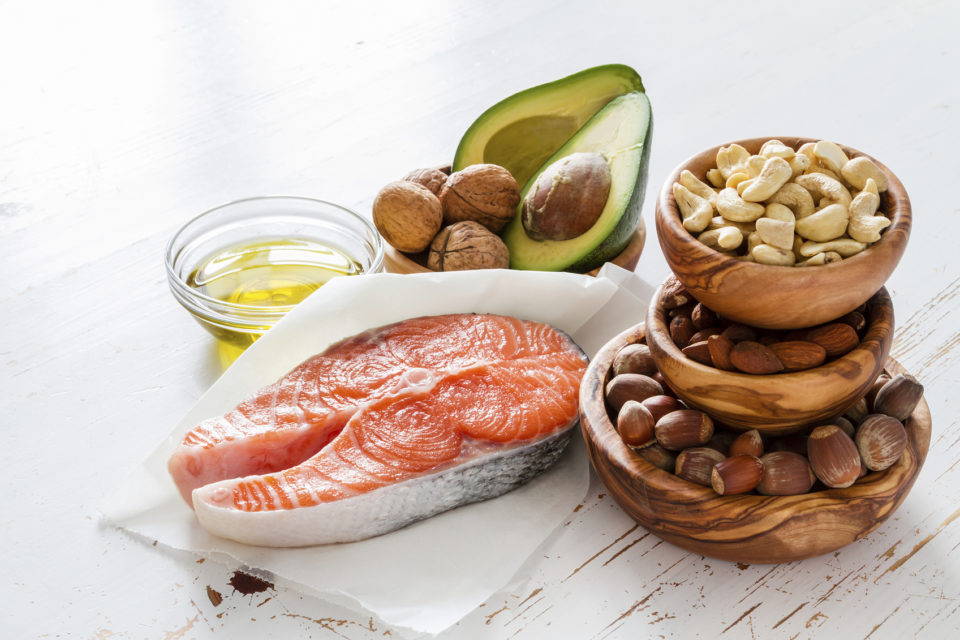
What To Eat: Game Day. For the back to schooler who needs to fuel up for AB Calc and soccer, we talked carbo-loads and protein, anti-oxidants and calcium with Amy Rosenfeld, a registered dietician at Northern Westchester Hospital. She has some interesting things to say about chocolate milk, cereal bars and coconut water too!
How does an athlete’s nutrition needs differ from the average teen’s?
 Athletes need to make sure their energy stores are always ready to go. Athletes create energy stores for their muscles by eating carbohydrates. Healthy carbohydrates – whole grains, fruits, vegetables, legumes – are best. They also need to eat carbohydrates in higher proportion than the average teen. It varies by sport, but overall 60% of an athlete’s diet should come from healthy carbohydrate sources compared to 45-50% for the average teen.
Athletes need to make sure their energy stores are always ready to go. Athletes create energy stores for their muscles by eating carbohydrates. Healthy carbohydrates – whole grains, fruits, vegetables, legumes – are best. They also need to eat carbohydrates in higher proportion than the average teen. It varies by sport, but overall 60% of an athlete’s diet should come from healthy carbohydrate sources compared to 45-50% for the average teen.
At the same time athletes need higher proportions of healthy proteins to strengthen their muscles. Lean meats, fish, eggs, lean vegetarian proteins such as beans, nuts, tofu and lentils are great sources of lean protein.
How do you pack all that into an average meal?
At each meal they should have a portion of fruits and vegetables, which is half the plate. Fruits and veggies should be part of each snack. They should also have a source of whole grains or starch at every meal, such as, one to two slices of bread, a cup of brown rice or a small baked white or sweet potato. Finally, a portion of lean protein, about 5-8 ounces, should also be included in each meal.
No pasta?
Whole grain pasta is also a good way to get carbohydrates but not an endless restaurant portion. One to two cups of cooked whole grain pasta is fine. You want to avoid the mentality of “I can eat the whole box of pasta because I’m carbo-loading.”
Tell us how nutrition needs vary by sport…
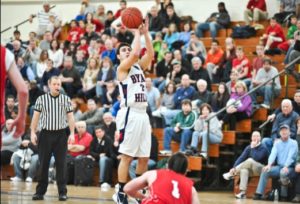 If you play a sport where you are constantly running, like soccer, basketball, field hockey or track, you need constant fuel. That means you will need more carbohydrates than a football or baseball player. The higher the intensity of the sport and the longer duration of running, the more you need carbohydrates stored in your muscles.
If you play a sport where you are constantly running, like soccer, basketball, field hockey or track, you need constant fuel. That means you will need more carbohydrates than a football or baseball player. The higher the intensity of the sport and the longer duration of running, the more you need carbohydrates stored in your muscles.
Carbohydrates are always the focus for athletes but sports that have less continuous running or exertion, such as baseball, require less constant fueling, making carbohydrate needs less. Likewise, athletes that play sports that require a larger muscular build, such as football, need a higher protein intake to bulk up. I recommend these additional protein needs be met using natural sources, such as peanut butter, rather than protein supplements or shakes. Try making your own shake – banana and peanut butter is my personal favorite!
Do athletes have any special nutrient needs?
Yes, because they are constantly straining and rebuilding their muscles they need ample anti-oxidants. This can be achieved by eating 9 (1/2 cup servings) of fruits and vegetable intake. We 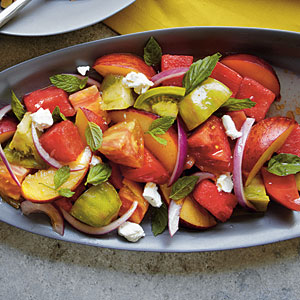 discussed this in more detail in our last interview “Eating the (antioxidant) Rainbow”.
discussed this in more detail in our last interview “Eating the (antioxidant) Rainbow”.
For teens in general, we are concerned about bone density so they need calcium and vitamin D supplied by dairy products. If you are lactose intolerant you can substitute dairy alternatives like almond milk, or even green leafy vegetables like kale or spinach are a good source of calcium.
What about calories?
I don’t like to focus on calories because they are so hard to count. I prefer to concentrate on whole foods and portion control. And I always tell my patients to look to whole foods for their nutritional and dietary needs and worry less about vitamin or mineral supplements or protein shakes.
How do you keep the fuel burning when you have 3rd period lunch?
A lot of kids have lunch at 10 or 11 am and a two-hour break before practice. If you have practice at 3 or 4 pm you should have a light meal after school. Good ideas could be a small sandwich, fruit and trail mix, or a yogurt smoothie. For athletes, it’s a constant balance of fueling muscles for practice or a game and repairing them after practice when you’re building new muscles.
Let’s talk about refueling after a game or practice…
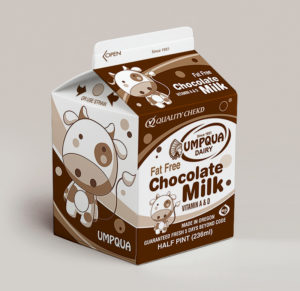
YES!
For optimal recovery they should be eating a snack within 20 of minutes after they work out. The best thing is a glass of chocolate milk. Home made chocolate milk is best instead of name-brand bottled beverages, as these tend to have a lot of sugar and artificial ingredients. Within two hours they should have a full balanced of meal of fruits, vegetables, lean protein and whole grains.
And it’s important to rehydrate. Technically, after a game you should have 2 to 3 glasses of water for every pound you lose. If you can’t weigh yourself, a good rule of thumb is that you should drink 4, 8 ounce glasses of water within the first hour after a game, and 2 glasses per hour for the next 3 hours after that.
That brings us to “Game Day”!
Two hours before a game an athlete should have a light meal just as they would before a practice. Then 20 to 30 minutes before the game, or any workout, they should have a portion of low fiber  carbohydrates like a banana or a piece of fruit. No protein, fiber or fat! This is to avoid digestive issues. Applesauce is a good example of a snack to have just before a game because it has no fiber and its all sugar.
carbohydrates like a banana or a piece of fruit. No protein, fiber or fat! This is to avoid digestive issues. Applesauce is a good example of a snack to have just before a game because it has no fiber and its all sugar.
How about cereal bars?
A bar that is just simple sugar with less than 2 g of protein, 1 g of fiber and 1 g of fat is okay. The healthier cereal bars with fiber and protein can cause cramping. During a game all you need is pure sugar to keep your energy up. If a game is longer than an hour then the best thing to consume is coconut water, or sports beverages like Gatorade if you prefer that, because it is perfectly balanced between carbs and fluid. Drink 8 ounces for every 20 minutes of play.
What would you say to the athlete that’s looking to gain or lose weight?
Always discuss with your doctor if weight loss is appropriate for you. Losing weight in a healthy way focuses on eating whole unprocessed food that nourishes the body, in good proportions. Drink plenty of water and stay away from excess sugary snacks and 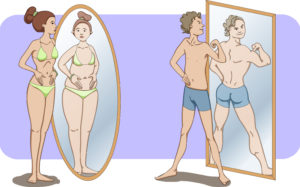 beverages.
beverages.
If you’re looking to add muscle remember that there’s a genetic limit for each individual’s ability to build muscle. Eat more protein, healthy protein. And healthy fats like avocado and nuts.
Amy Rosenfeld, MS, RD, CDN: Amy is a registered dietitian in Northern Westchester Hospital’s Community Health, Education and Outreach department. Amy graduated from New York University with a master’s degree in Clinical Nutrition and completed her clinical training from New York-Presbyterian Hospital. At NWH, Amy implements health education programming for all ages throughout the Northern Westchester, including area school districts and community centers. Amy is also the coordinator for the President’s Junior Leadership Program at NWH, a youth leadership program for high school students to learn about area of healthcare and liaise with NWH to educate their peers on various health issues affecting teens.
More Nutritional Tips from Amy Rosenfeld
More Back to School & Parenting Tips

















